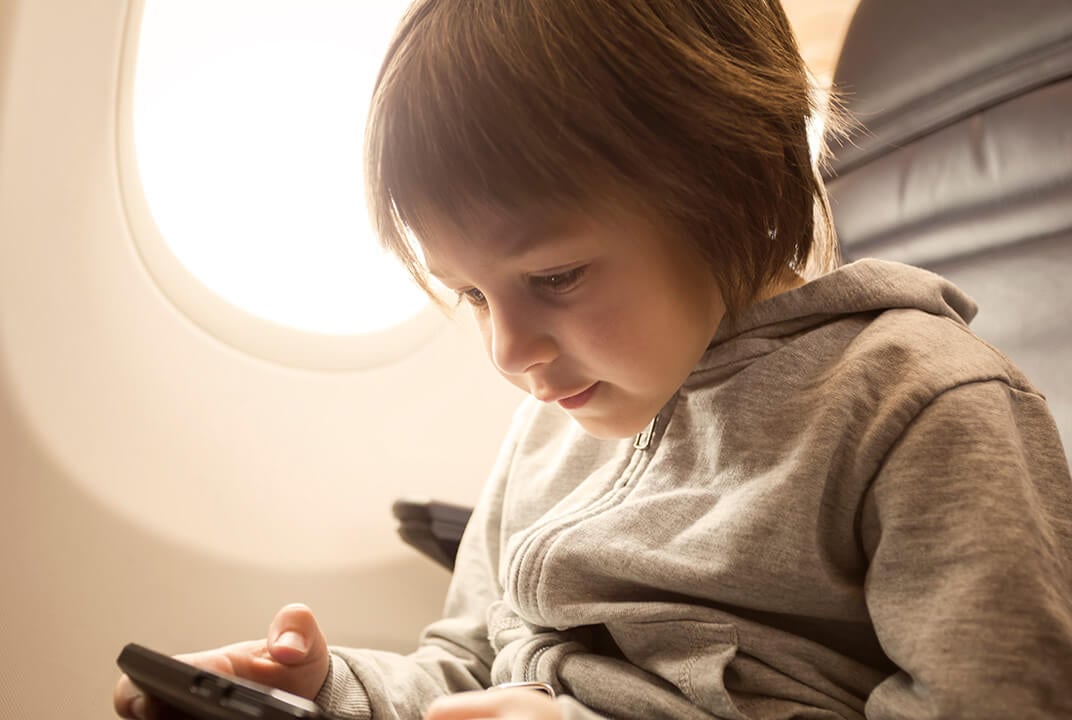Race2Recovery's remaining vehicle survives stage 12
Race2Recovery's one remaining vehicle made it through one of the latest stages of the 2013 Dakar Rally, despite moments of 'jeopardy'.
The journey began with a 392km road section, which the team thought would make for a relaxing drive. However, the absence of tarmac over the mountains made it perilous, especially when negotiating for space with giant Dakar trucks and travelling at an altitude approaching 5,000m.
One of the team's support vehicles was clipped by a competitor car and now bears a 'Dakar wound'.
Technical hitch
However, much to the team's relief their sole Wildcat race vehicle named Joy made it through to the next special stage unscathed.
The team has since faced new hazards with a technical malfunction on Joy increasing the danger of getting stuck in the dreaded Dakar dunes.
“Joy wasn't starting properly,” explained driver Major Matt O'Hare. “This meant we were paranoid about stalling or getting stuck in the sand. It was all about keeping going and conserving momentum.”
Amazing job
The team's mechanics decided to work through the night after completing day one of the special stage to try and fix the problem.
O'Hare was full of praise for his co-driver, Cpl Philip 'Barney' Gillespie, an amputee injured in a bomb blast in Afghanistan.
“Barney did an amazing job today – we hit every waypoint and at one point we overtook several cars just because we were able to navigate our way around a huge dune,” he said.
Hugely impressed
Meanwhile, team members US Marines, SSgt Mark Zambon and Cpl Tim Read took time out to visit Robby Gordon – the first American to win a stage of the Dakar Rally who now devotes his life to winning the race.
Gordon was hugely impressed with Race2Recovery's efforts, and said: “To do this event with two legs is hard enough, but to take it on with only one or even no legs is incredible. This is a badass event and these guys are doing an awesome job.”
The Race2Recovery team is raising money for a Help for Heroes project, the Tedworth House Personnel Recovery Centre in the UK.
Inmarsat is providing the team of injured soldiers and civilian volunteers with vital satellite communications equipment throughout the 9,000km (5,600 miles) challenge.
They carry with them BGAN terminals and eight IsatPhone Pro satellite phones.

